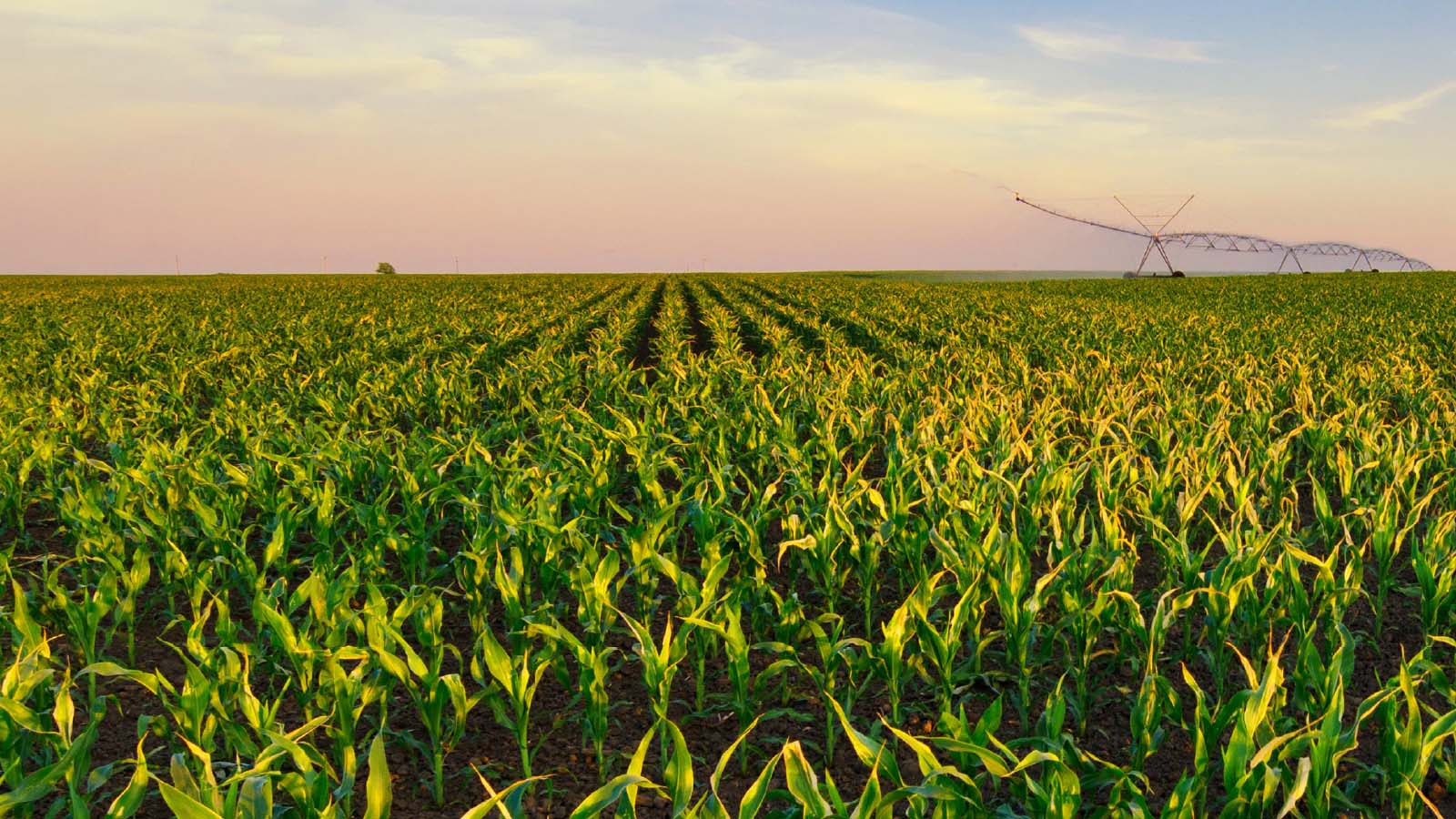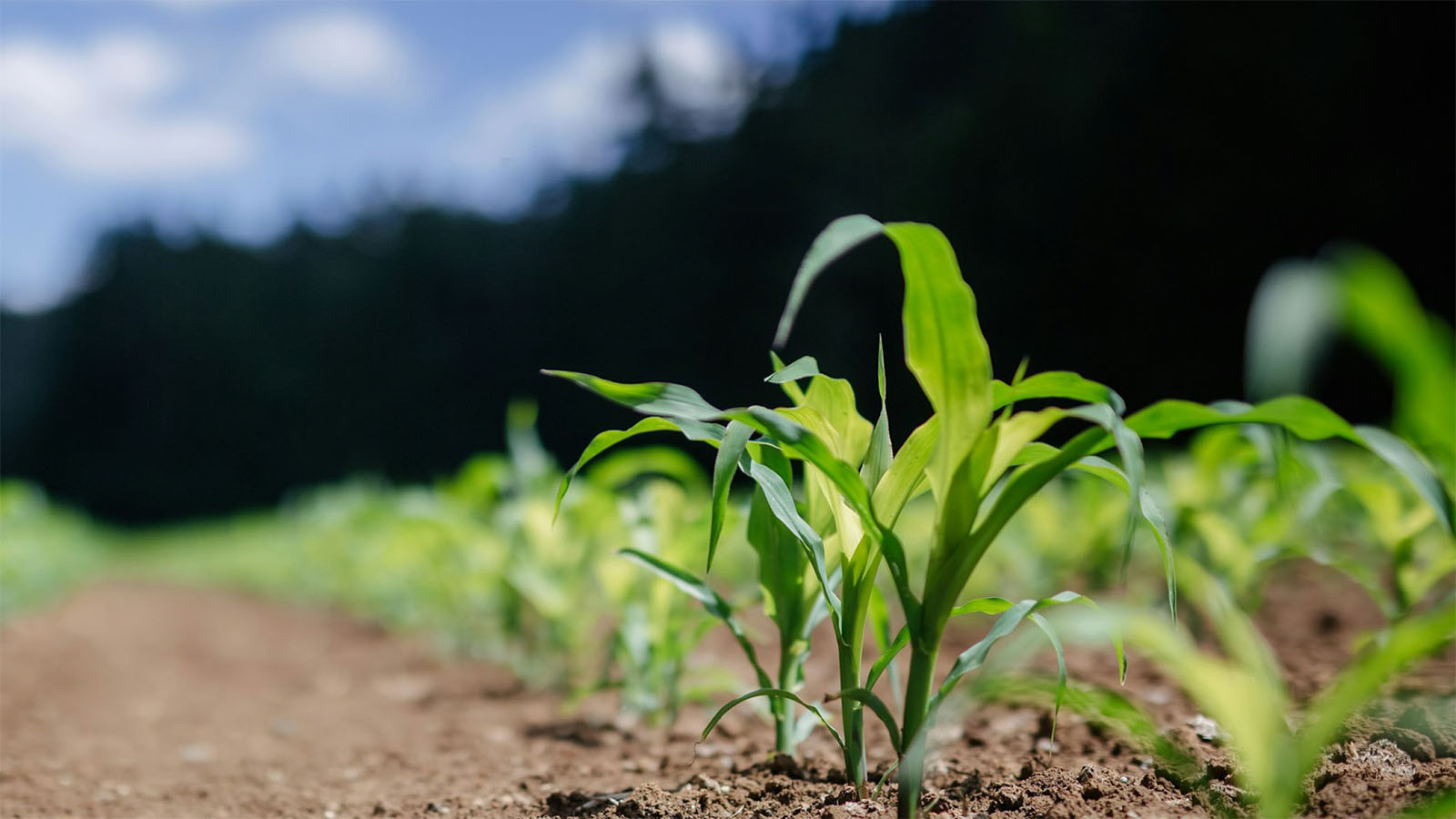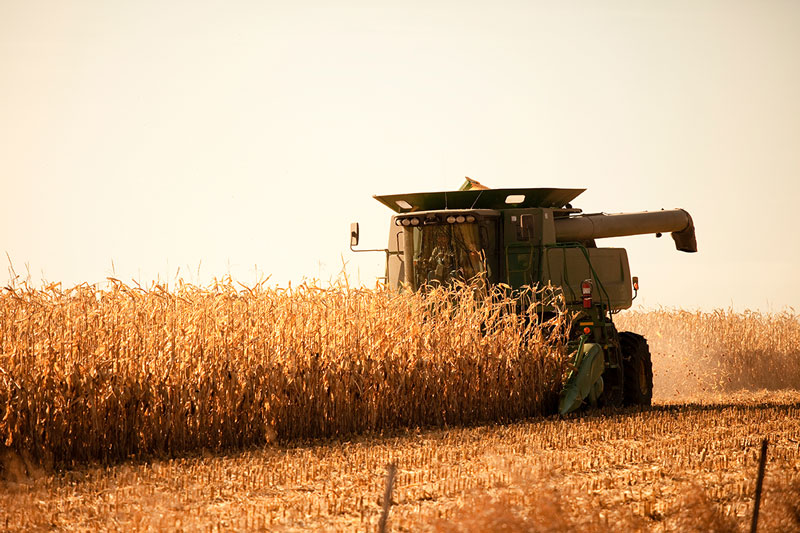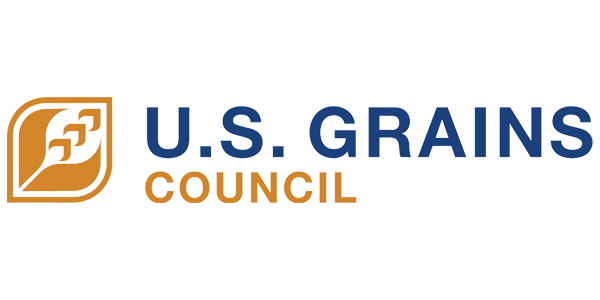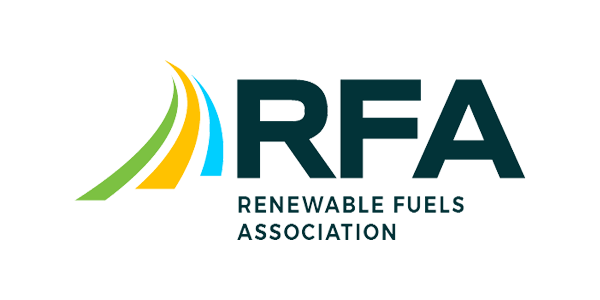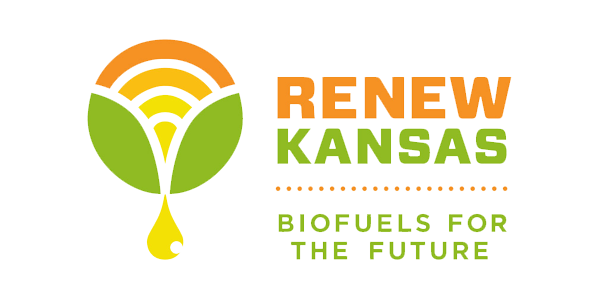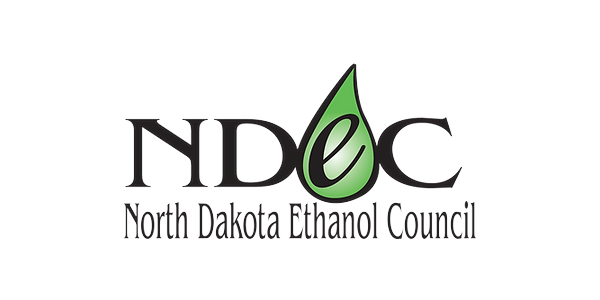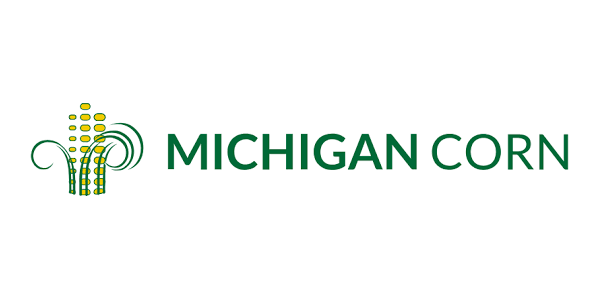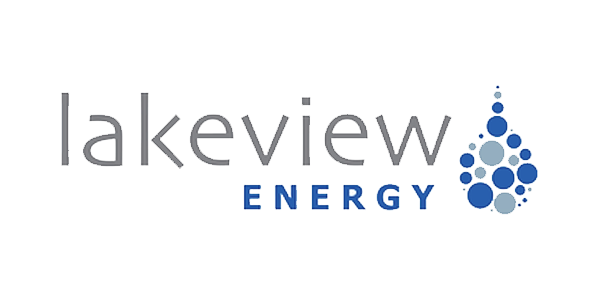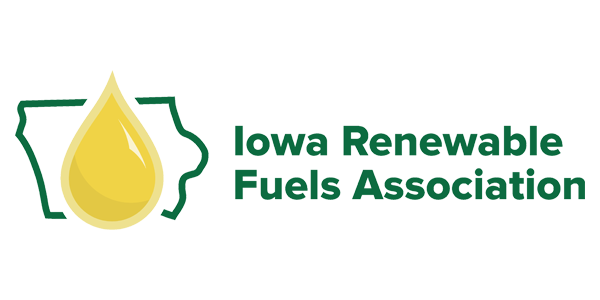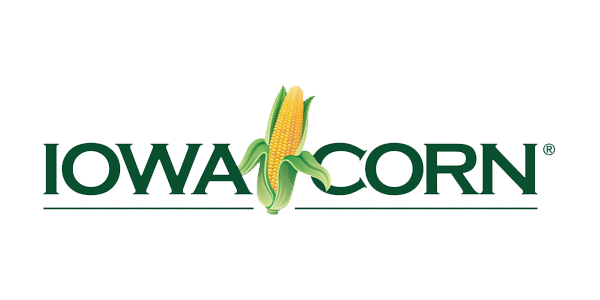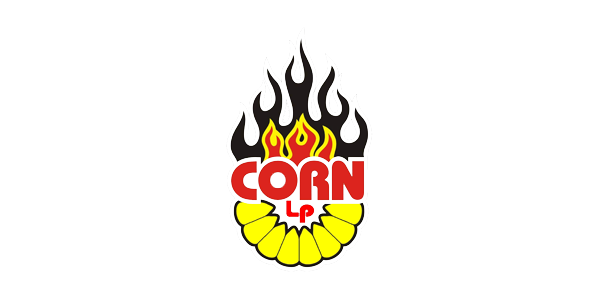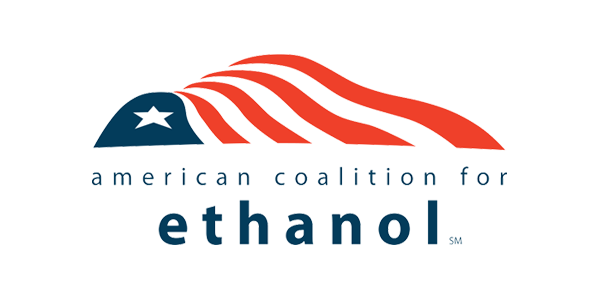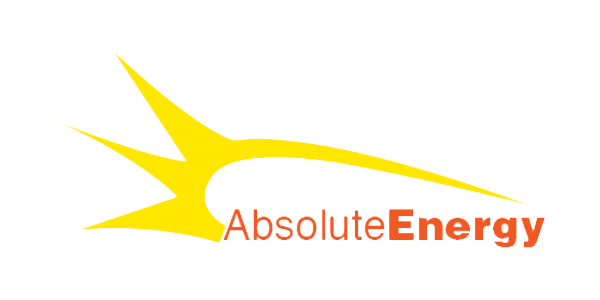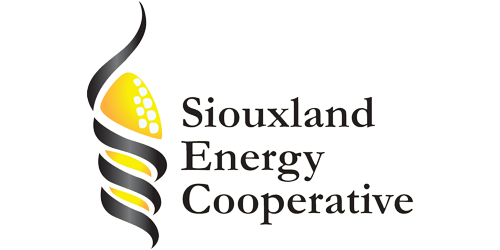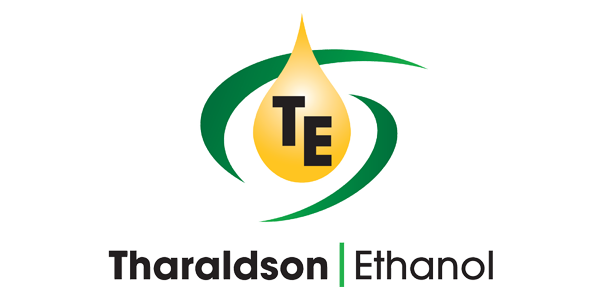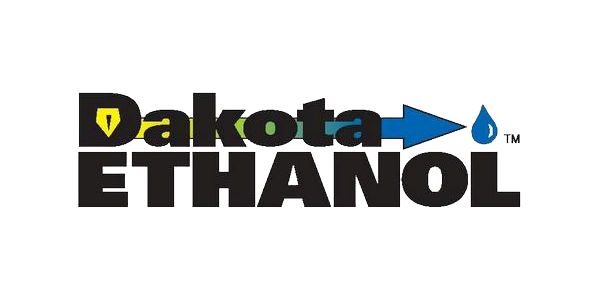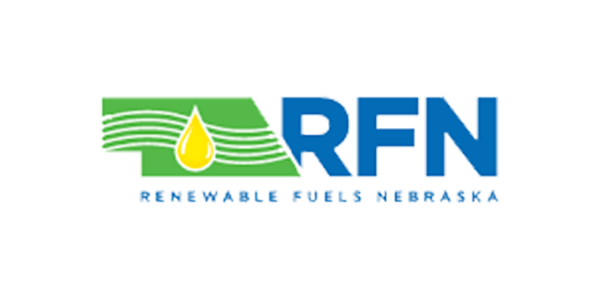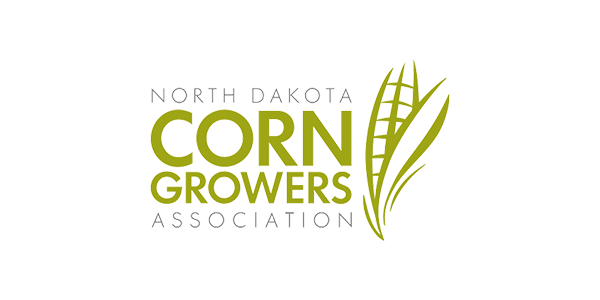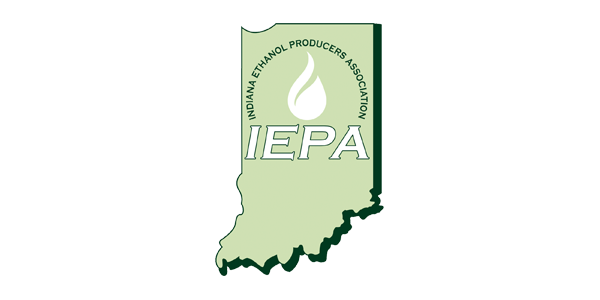Recently, the Iowa Renewable Fuels Association, in conjunction with Decision Innovation Solutions (DIS), released a study outlining the economic impact on the Midwest in terms of sustainable aviation fuel.
According to the study, “the Midwest stands to benefit greatly as two of the most likely SAF feedstocks would be soybean oil and corn ethanol.”
In addition to a huge economic jolt from the construction of the new SAF infrastructure, ongoing operations would:
- Boost employment by 224,440 jobs
- Increase labor income by $9.3 billion
- Add $427 million to farm revenues in ethanol plant basis premiums alone
- Raise farm income by $11,670 for a typical 1000-acre farm split 50/50 between corn and soybeans.
With corn production grow outpacing demand, without the new SAF market corn farmers would face an extended period of overproduction, resulting in:
- Reducing corn acreage 68 million acres by 2050
- Slashing of farm revenues by nearly $10 billion per year
- Cutting farm income by $60,240 for a typical 1000-acre farm split 50/50 between corn and soybeans.
New demand remains the lifeblood of any industry. Policymakers, industry stakeholders, and consumers must collaborate to foster increased demand, providing a crucial lifeline for farmers affected by the decline. Sustainable Aviation Fuel (SAF) emerges as a promising avenue for environmental stewardship and economic growth. Its potential to revolutionize the biofuel industry offers farmers an opportunity to contribute to emissions reduction while accessing a lucrative market.

The decline of U.S. farms is a pressing issue that demands proactive and innovative solutions. Investing in climate-smart practices, creating new markets, embracing SAF, and promoting higher blends is the holistic approach needed to address the challenges faced by American farmers.




